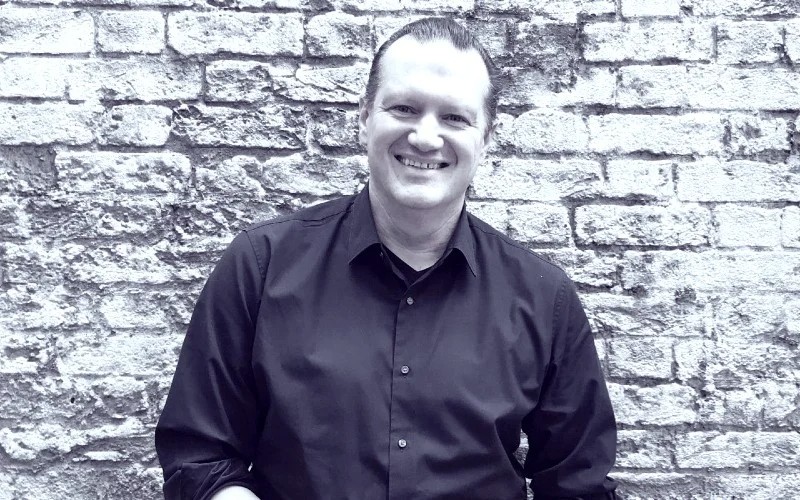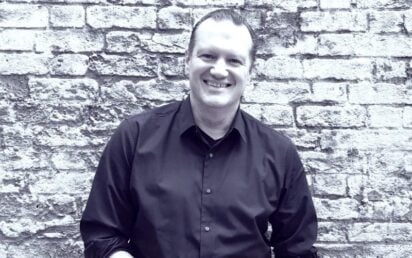When something has never been done before, the challenge of creating a successful company to provide it can seem insurmountable.
It isn’t one which fazes StJohn Deakins, however, after 30 years in business.
The serial entrepreneur began his career at BT before rising through the ranks at Lloyd’s of London, where he marketed the successful launch of the shipping newspaper’s online platform, now the core of a data-focused business which transformed that sector.
At Agency.com he oversaw the building of the British Airways online booking system in 1997, which would provide 50% of the airline’s revenues within just two and a half years, and brought in an £8 million-a-year account in T-Mobile – mapping the mobile phone customer journey across the high street to online – before “losing my first millions” as the Dotcom bubble burst.
“By the time I could convert my shares out, they went from being a house to a Kia in six months!” he tells TechBlast.
Going on to work within the Singaporean startup scene before founding his first standalone company, 3ple-Media, in 2006, he estimates that he has helped between 100m and 200m people move online via their smartphones by providing infrastructure to telcos.
“I sold that company in 2010 and had time on the beach deciding what to do next,” he says.
The data challenge
In 2012 he produced a Gonzo-style crowdsourced documentary – Twittamentary – which highlighted the power of the internet to connect people across the world. However he was keenly aware of an increasing trend for people’s personal data to be harvested by companies – and pooled into Big Tech – with no way of reclaiming or owning it.
“You could see [back in 2012] that there were many, many potential harms and bad scenarios you could enter in a purely market-driven data world with no governance. Most people want to behave in a good way, but they are basically incentivised to harvest as much data as possible,” he explains.
https://businesscloud.co.uk/martech-50-uks-most-innovative-marketing-technology-creators-for-2022/
In 2014 he founded CitizenMe, the London startup which topped our sister publication BusinessCloud’s MarTech 50 innovation ranking, to drive forward adoption of ‘zero-party’ data.
With regulators on both sides of the Atlantic now attempting to push back the tide on third-party data sale and use, CitizenMe has so far helped approaching 500,000 ‘Citizens’ to take control of their data and gain value from it.
“With a startup, you’re trying to take something from ‘impossible’, to ‘possible’, to ‘probable’, to ‘done’ – which firstly means you really need to be focused and energised by the thing you’re trying to solve, because that path is quite hard,” he admits.
“Secondly, you need to be really honest with yourself in terms of how you’re going to approach that. Taking something from ‘impossible’ to ‘done’ means you need to have the right ‘why’ – do people actually want the value that you’re trying to create?
“It’s become kind of cool to be an entrepreneur – or ‘business owner’, as it was always known before – but you need to think about the purpose of this compelling piece of value that you can create anew in the world.
“What you’re doing with a startup is creating new value and something which doesn’t exist from nothing.”
Global clients
Starting out in the market research and consumer insight sector, CitizenMe has already worked with global brands such as Barclays, Sainsbury’s, Unilever, GSK and the BBC to deliver high-quality audience insights into lifestyle choices such as health and finances which, crucially, claim to be ethical and transparent.
Initially funded from the 3ple-Media exit, CitizenMe won backing from angel investors before completing its first institutional round last year – $2m from the North East Venture Fund, managed by Mercia, with participation from 1818 Venture Capital.
It is now making the transition into a software-as-a-service platform focused on growing in the UK and US markets.
“It is also crucial to find the right people,” adds Deakins. “You cannot do everything. Find people with complementary skills that can enable you to take that ‘impossible’ and make it ‘done’.”

